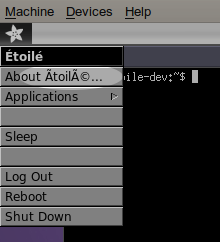Making sense of async.js
async.js is a fascinating library for taming asynchronous javascript. It’s highly experimental, and as far as I know, it only works in firefox. But the idea is an important (and useful) one, so I think it’s definitely worth knowing about.
There are a few approaches to dealing with asynchronous javascript:
-
Compile [some language] to javascript This is the approach taken by GWT, pyjamas, and many others. It’s usually extremely heavyweight, so it mainly makes sense for big apps.
-
Compile [almost-javascript] to javascript Most notably this includes Narrative Javascript and its successor, Strands. This is a reasonable approach, but the lack of maturity / tool support makes debugging extremely hard. Also, I ran into a number of bugs in both these libraries. The thought of finding and fixing more of those bugs is not at all fun.
-
Write a javascript library This is doable, but typically looks hideous, convoluted, and is usually quite burdensome to try and use.
Async.js is the most plausible attempt at #3 that I’ve seen. It uses a reasonably clever (but not unknown) trick to to turn Javascript 1.7’s generator functionality into an event-based coroutine system. Specifically, this allows for a program to “wait” for a callback, while not actually blocking the javascript interpreter (as a synchronous AJAX call would). Go read the async.js page to learn more, because the following isn’t going to make much sense if you don’t know roughly how to use async.js.



